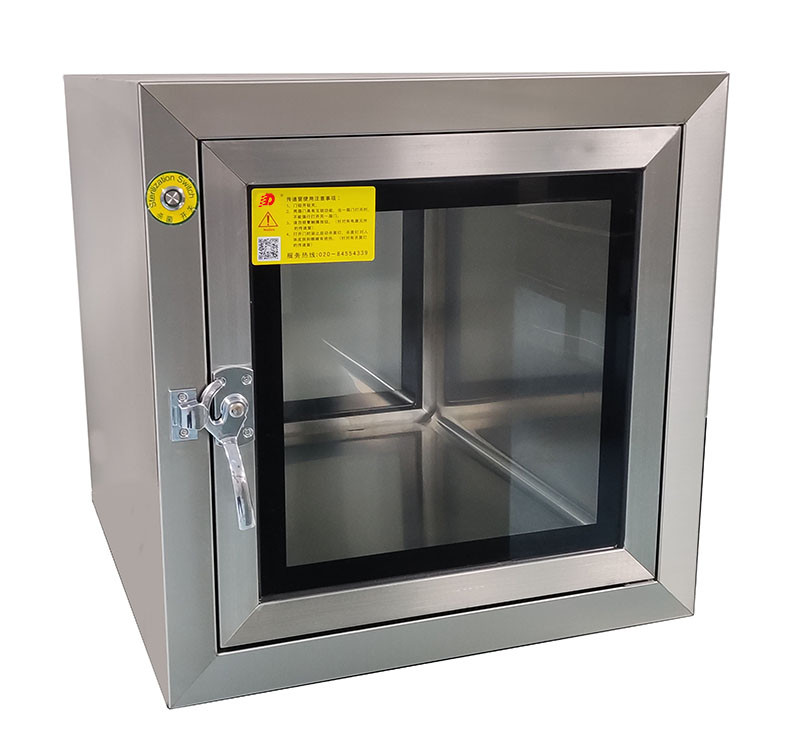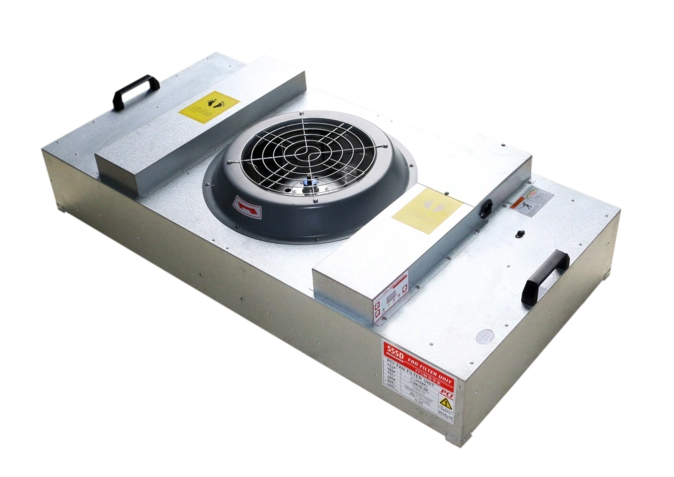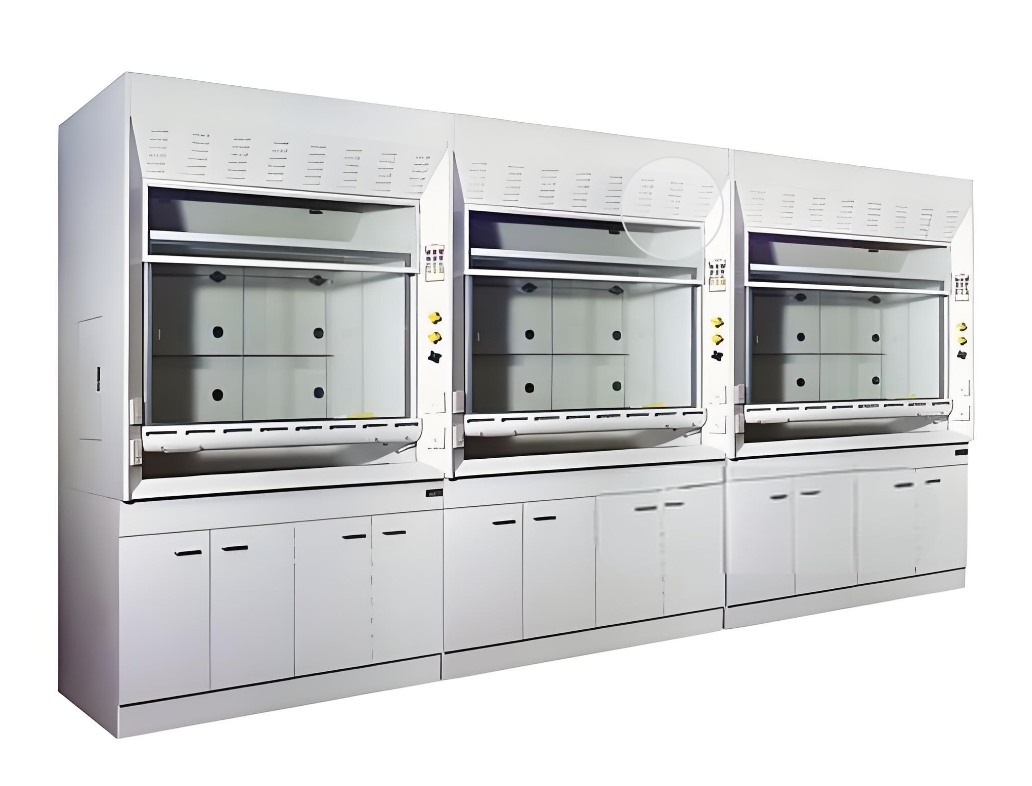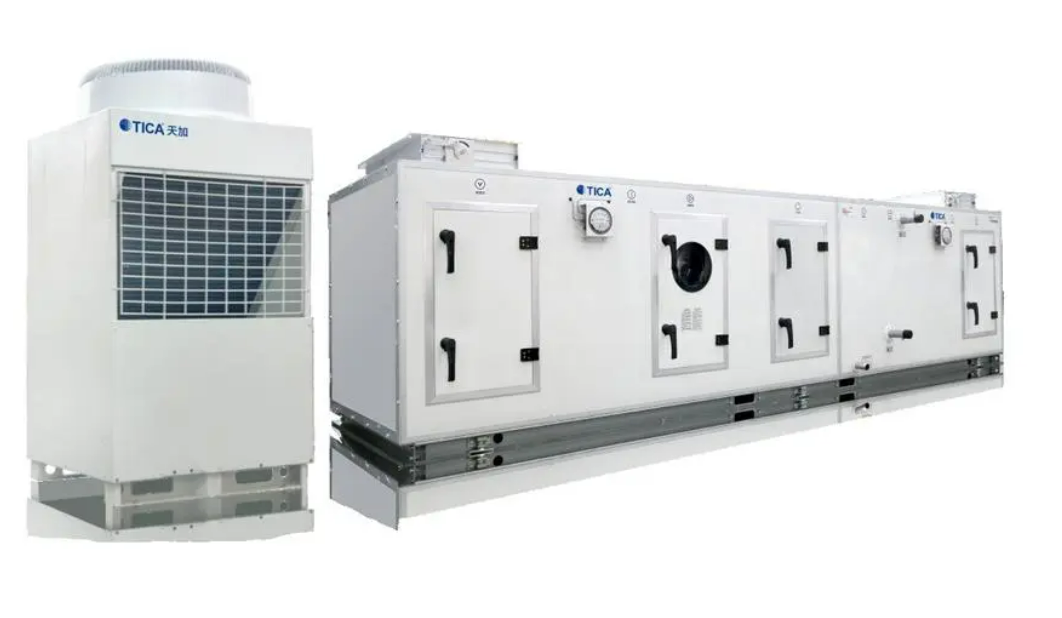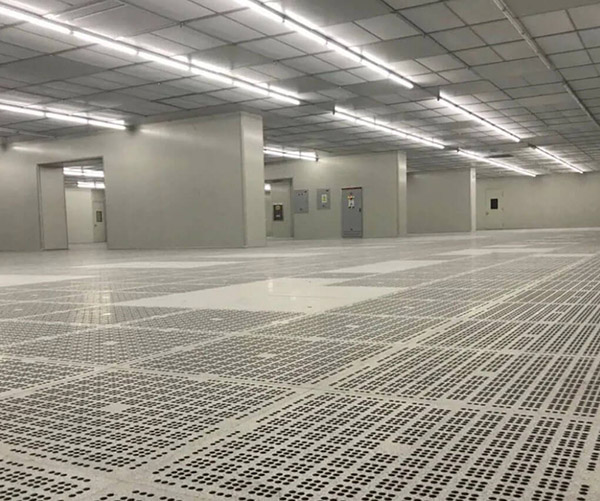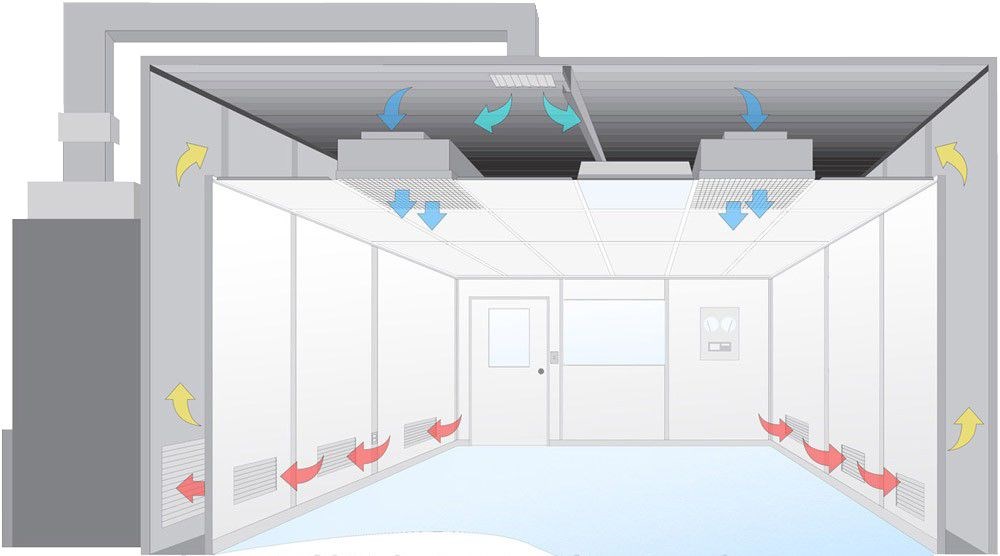What is the Difference Between H13 and H14 hepa Filters?

1. Filtration Efficiency
h13 hepa filters must meet a minimum efficiency of 99.95% for particles sized 0.3 microns or larger, according to the EN 1822 standard. In contrast, H14 filters offer a higher efficiency of at least 99.995%. This small difference in particulate capture can significantly impact air quality, especially in sensitive environments like hospitals and laboratories.
2. Particle Size Capture
Both H13 and H14 filters are effective at capturing ultra-fine particles. However, H14 filters can capture a slightly higher percentage of smaller particles. For instance, while H13 filters trap 99.95% of 0.3-micron particles, H14 filters excel in removing even smaller particles, contributing to cleaner air and better health outcomes.

3. Applications and Use Cases
H13 filters are commonly used in residential air purifiers and some commercial settings. They provide excellent air quality for everyday use. On the other hand, H14 filters are often utilized in healthcare facilities, laboratories, and Cleanrooms, where the highest air quality standards are necessary. The choice between them depends on specific use cases and air quality requirements.
4. Cost Considerations
H14 HEPA filters typically cost more than H13 filters due to their higher efficiency and manufacturing standards. Prices for H13 filters generally range from $20 to $100, while H14 filters can range from $100 to $300 or more. This cost difference reflects the advanced materials and technologies used in H14 filter production.

EN 1822- European standard for high-efficiency air filters.
ISO 29463- International standard for HEPA and ULPA filters.
ASHRAE 52.2- Standard for testing air-cleaning devices.
EPA Guidelines- Recommendations for indoor air quality improvements.
Are All hepa filters the Same Quality?

Variations in Standards
Not all HEPA filters are created equal; they are classified by efficiency ratings. The most common ratings are H10 to H14, with H14 filters being the most efficient, capturing 99.995% of particles at 0.3 microns.
Material Differences
Manufacturing materials and technologies vary widely among HEPA filters. Some use advanced synthetic fibers that enhance airflow and filtration efficiency, while others may employ less effective materials, impacting overall performance and durability.
testing and certification
HEPA filters must pass stringent testing to be classified as such. Filters that meet the EN 1822 or ISO 29463 standards guarantee certain filtration efficiencies, while others may not undergo the same rigorous testing, leading to quality discrepancies.
Does H13 HEPA Filter Mold?

1. Mold Filtration Efficiency:H13 HEPA filters are effective at capturing mold spores, filtering out 99.95% of particles sized 0.3 microns. This makes them a suitable choice for environments prone to mold growth, such as basements or bathrooms.
2. Preventing Mold Growth:While H13 filters can trap mold spores, they cannot prevent mold growth in the filter itself. It’s essential to regularly replace or maintain these filters to ensure they do not harbor mold or other contaminants over time.
3. Recommendations for Use:For optimal performance against mold, it's advisable to use H13 HEPA filters in conjunction with dehumidifiers or air conditioning systems. This combination reduces humidity, inhibiting mold growth and enhancing indoor air quality.
Can H13 Filters Be Washed and Reused?

Washing Limitations
H13 HEPA filters are generally not designed to be washed or reused. Washing them can damage the filter media, reducing their effectiveness and potentially releasing trapped pollutants back into the air.
Manufacturer Guidelines
Most Manufacturers specifically advise against washing HEPA filters. Reusable filters may be available, but true hepa filters typically require replacement after a certain period to maintain optimal performance.

Impact on Efficiency
Attempting to wash an H13 HEPA filter can compromise its filtration efficiency. Damage to the fibers can lead to a reduced ability to capture particles, potentially impacting indoor air quality negatively.
Best Practices
To ensure maximum efficiency, it is best to follow the manufacturer's recommendations for replacement. Regularly check the filter for dirt accumulation and replace it as needed to maintain air quality.
How Can I Make My HEPA Filter Last Longer?

1. Optimal Placement
Ensure your HEPA filter is placed in an area with optimal airflow. Avoid placing it near sources of heavy dust or in enclosed spaces where airflow can be restricted, helping to prolong its lifespan.
2. Use Pre-Filters
Installing a pre-filter can capture larger particles before they reach the HEPA filter. This reduces the burden on the HEPA filter, potentially extending its life and maintaining efficiency for a longer period.
3. Control Indoor Humidity
Maintaining indoor humidity levels between 30% and 50% can help prevent mold and dust mites, which can clog HEPA filters. Using dehumidifiers or air conditioning can help regulate humidity and improve filter longevity.
Which is Better: HEPA Filter or Ultra HEPA Filter?

Filtration Efficiency
Ultra HEPA filters exceed standard HEPA filters in efficiency, capturing at least 99.999% of particles as small as 0.1 microns. In contrast, standard HEPA filters, like H13, capture 99.95% of particles at 0.3 microns, making Ultra HEPA superior for fine particle filtration.
Ideal Applications
Ultra HEPA filters are ideal for environments requiring exceptionally Clean air, such as hospitals and CleanRooms. Standard HEPA filters suffice for home use, providing adequate air quality for general residential needs.
Cost Differences
Ultra HEPA filters tend to be more expensive than standard HEPA filters due to advanced manufacturing processes and materials. While they offer higher efficiency, the cost may not justify their use in less critical environments.
 +86 18186671616
+86 18186671616 Jason@cleanroomequips.com
Jason@cleanroomequips.com
 MENU
MENU







